Shopify vs Wix: The Battle for Dropshipping Dominance!
Welcome to the ultimate showdown of e-commerce platforms: Shopify vs Wix! If you’re in the dropshipping game, you’re no stranger to the thrill of managing an online store. But the big question remains: which platform is your secret weapon for dropshipping success?
In one corner, we have Shopify, the heavyweight champion of e-commerce. Conversely, Wix is the contender with a strong punch in website building. Get ready to dive into the ring and discover which platform packs the knockout punch for your dropshipping business. Let the battle begin!
Shopify
Shopify, a leading e-commerce platform, enables business owners and entrepreneurs to establish and operate online stores. Since its founding in 2006, it has become a significant player in online retail, offering a full range of tools to help companies create, personalize, and manage their e-commerce websites. Shopify is known for its user-friendly interface, extensive app store that extends its functionality, and robust ecosystem that caters to businesses of all sizes, from startups to enterprise-level corporations.
Key components of Shopify
It offers product management, payments, marketing, and customer support features, making it a versatile choice for many online businesses. Shopify’s emphasis on providing a seamless and secure shopping experience for merchants and customers has contributed to its widespread popularity in the e-commerce industry.
Scaling your business with Shopify
Shopify is revered for its user-friendly approach, streamlining the process of establishing and managing online stores, which appeals to users with diverse technical backgrounds. However, while Shopify provides a seamless e-commerce experience, it’s essential to carefully evaluate your unique needs and scalability requirements when considering it as a solution for your online business.
Shopify for Small Business: Your E-Commerce Solution
Shopify is the perfect e-commerce platform for all businesses. It offers an intuitive, user-friendly interface, empowering small business owners to build and manage their online stores effortlessly. With pre-designed templates, mobile responsiveness, and various payment options, Shopify provides everything you need to succeed in the digital marketplace.
You can start small and scale up as your business grows, and the extensive App Store offers tools for enhancing your store’s functionality. Plus, Shopify’s SEO features ensure your business attracts the right customers. With top-notch security and 24/7 support, Shopify is the ideal partner for small businesses embarking on their e-commerce journey.
Wix eCommerce
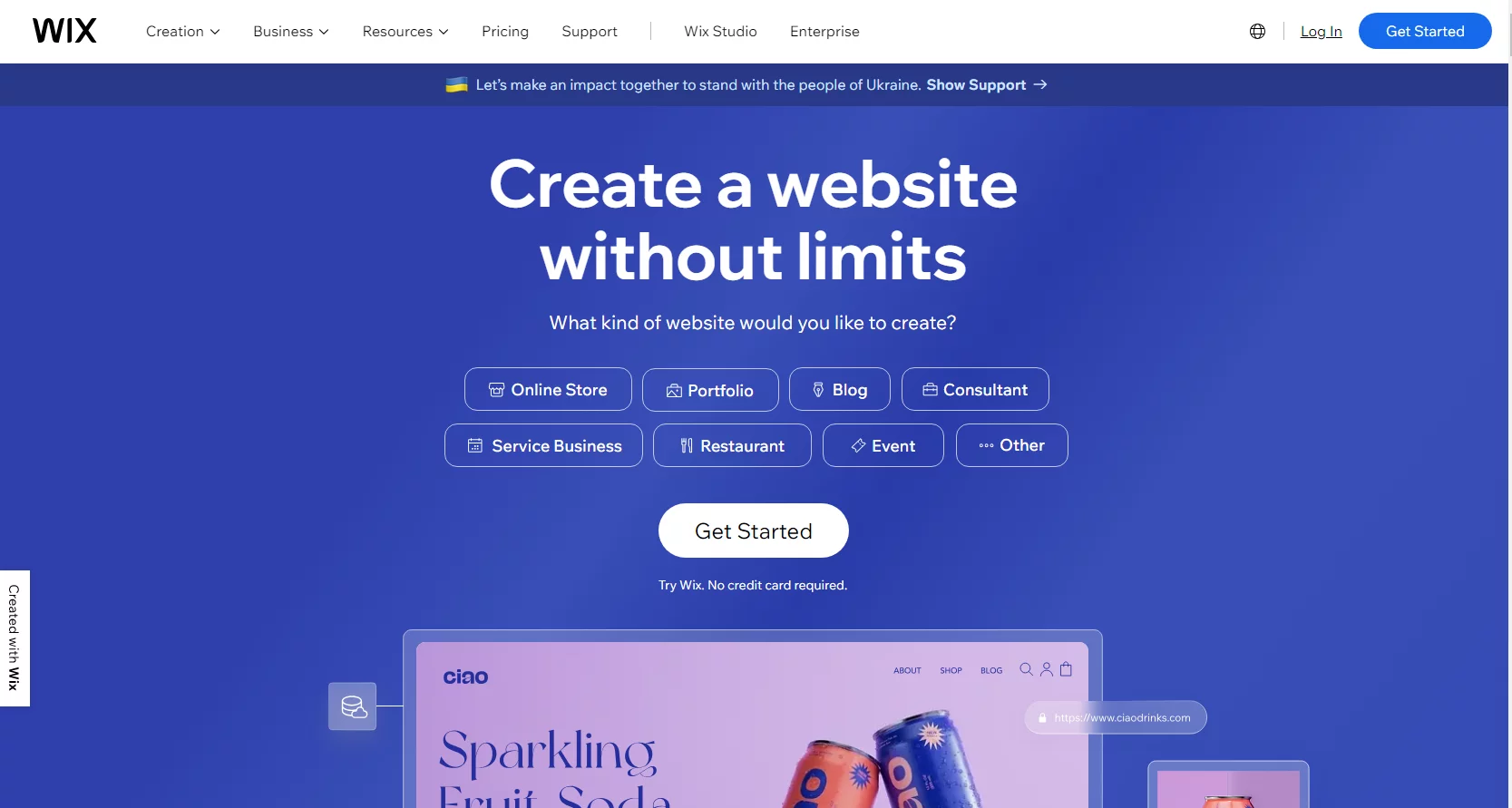
Wix eCommerce is a comprehensive e-commerce solution provided by Wix, a popular website builder platform. It equips users with the tools and features to create, customize, and manage online stores within their Wix websites. With a user-friendly drag-and-drop website builder, Wix makes it easy for businesses to set up professional-looking online shops, showcase their products or services, and facilitate secure and convenient online transactions.
Critical components of Wix eCommerce
Critical components of Wix eCommerce include product management, payment processing, order tracking, and mobile optimization. Users can also benefit from a rich library of e-commerce apps and integrations available through the Wix App Market, which extends the functionality of their online stores.
Scaling Your Business with Wix eCommerce
Wix eCommerce is designed to cater to small startups and larger enterprises. It provides a user-friendly platform that simplifies creating and maintaining online stores, making it accessible to users with technical backgrounds. While Wix offers a seamless e-commerce experience, it’s essential to consider your specific needs and scalability requirements when evaluating it as a solution for your online business.
Wix for Small Business: Building Your Online Presence
Wix is a fantastic solution for small businesses seeking a robust online presence. This user-friendly website builder simplifies creating and managing a professional website without needing technical expertise. With a wide selection of customizable templates, mobile optimization, and e-commerce features, Wix caters to the needs of small businesses. You can seamlessly showcase your products, services, and brand online. It’s the ideal tool for small businesses ready to make a significant digital impact.
A Comparative Look of Shopify and Wix
Comparing Shopify and Wix, both are potent platforms but serve different purposes and have distinct pros and cons. Let’s take a look at each:
Shopify:
Pros:
- Robust and Scalable: It offers advanced features for managing products, orders, and inventory. It can scale with your business as it grows.
- App Ecosystem: The Shopify App Store provides integrations to enhance functionality, from marketing to analytics.
- Mobile-Responsive: Shopify’s themes are mobile-responsive, ensuring a seamless shopping experience for customers on any device.
- SEO Features: Shopify includes built-in SEO features, helping your store rank well on search engines.
- Security: Security is a priority, and Shopify handles security updates and SSL certificates.
- 24/7 Support: Customer support is available around the clock, assisting when needed.
Cons:
- Cost: Monthly subscription fees can add up, mainly if you use many paid apps or require advanced features.
- Learning Curve: While Shopify is user-friendly, it still has a learning curve, particularly for those new to e-commerce.
- Limited Customization: Shopify’s themes and design options may not be as flexible as those offered by platforms like Wix or WordPress.
Wix:
Pros:
- User-Friendly: Wix’s drag-and-drop website builder is incredibly user-friendly, making it accessible to those without technical skills.
- Versatile: While not exclusively an e-commerce platform, Wix offers a range of templates and e-commerce features suitable for small businesses.
- Affordability: Wix offers a free plan, and its paid plans are generally more budget-friendly than Shopify.
- Design Flexibility: Wix allows highly customizable designs, giving you creative control over your site’s look and feel.
- App Market: Wix’s App Market offers a selection of apps and integrations to enhance your site’s functionality.
Cons:
- E-commerce Limitations: While Wix is suitable for small businesses, it may not be as robust as Shopify for advanced e-commerce needs.
- Scalability: Shopify may be less scalable than Wix for rapidly growing businesses.
- SEO Limitations: While Wix has improved its SEO capabilities, it may not match Shopify’s built-in SEO features.
- Mobile Responsiveness: Wix’s mobile responsiveness is good but may not be as optimized as Shopify’s for e-commerce.
Shopify is a robust e-commerce platform ideal for businesses primarily focused on online selling. At the same time, Wix is a versatile website builder with e-commerce features suitable for smaller online stores. When deciding, consider what’s most important to your business—ease of use, scalability, design flexibility, or e-commerce functionality.
Shopify Vs Wix: Pricing models
Shopify and Wix have different pricing structures to cater to various business needs. Here’s an overview of their pricing models:
Sand considerations. Here’s a comparison of the pricing for both platforms:
Shopify Pricing:
- Subscription Plans: Shopify offers several subscription plans, including:
- Basic Shopify: Pricing starts at $25/mo.
- Shopify: Pricing starts at USD 65/mo.
- Advanced Shopify: It’s priced at $399/mo.
- Shopify Plus: It’s priced at $2,000/mo or variable for higher volume business.
- Transaction Fees: The transaction fee percentage varies depending on the subscription plan but decreases as you move up to higher-tier projects.
- App and Theme Costs: While Shopify provides many free apps and themes, you may need to purchase or subscribe to premium options from the Shopify App Store and Theme Store to access advanced functionality or unique designs.
- Domain and SSL: You can purchase parts directly through Shopify, and SSL certificates are included with all plans.
Wix:
- Website Plans: Wix offers various website plans, including free and premium options. Premium plans provide access to additional features, such as a custom domain, removal of Wix-branded ads, and more storage and bandwidth.
- Business Basic- $17/mo
- Business Unlimited- $25/mo
- Business VIP- $35/mo
- E-commerce Plans: Wix also offers e-commerce plans for those specifically looking to sell products online. These plans include online store features and vary in pricing based on the features and capabilities shown.
- App Costs: While Wix provides a range of free apps and integrations, you may need to subscribe to premium apps from the Wix App Market to unlock specific functionality.
- Domain and SSL: You can purchase a domain through Wix, and SSL is included with all premium plans.
Shopify vs Wix: App Store
Shopify and Wix are both popular platforms for creating and managing e-commerce websites. One of the critical aspects to consider when choosing between them is their respective app stores, as these marketplaces offer a wide range of extensions and plugins to enhance your site’s functionality. Let’s compare the Shopify App Store and the Wix App Market in terms of their offerings, features, and overall benefits.
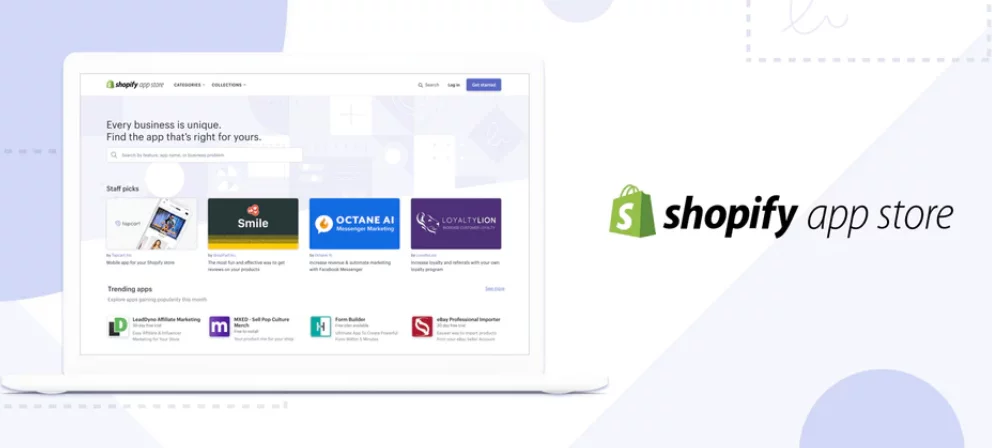
Apps from the Shopify App Market
- Shopify Inbox
- Dropshipping+
- Shopney
- Shopify Point of Sale (POS)
- Printful
- AliExpress
- BigCommerce
- Vast Selection: Shopify’s App Store boasts a massive selection of third-party apps, extensions, and plugins. More than 8000 apps are available, covering various categories such as marketing, sales, inventory management, and customer support.
- Quality Apps: Many apps in the Shopify App Store are developed by professional and experienced developers. Shopify has strict guidelines for app quality, meaning you can trust the apps you install.
- E-commerce Focused: Most apps in the Shopify store are designed specifically for e-commerce businesses. This means that they are often well-tailored to the needs of online retailers.
- Community and Support: Shopify has a robust developer community and support system, making it easier to find solutions and assistance if you encounter issues with apps.
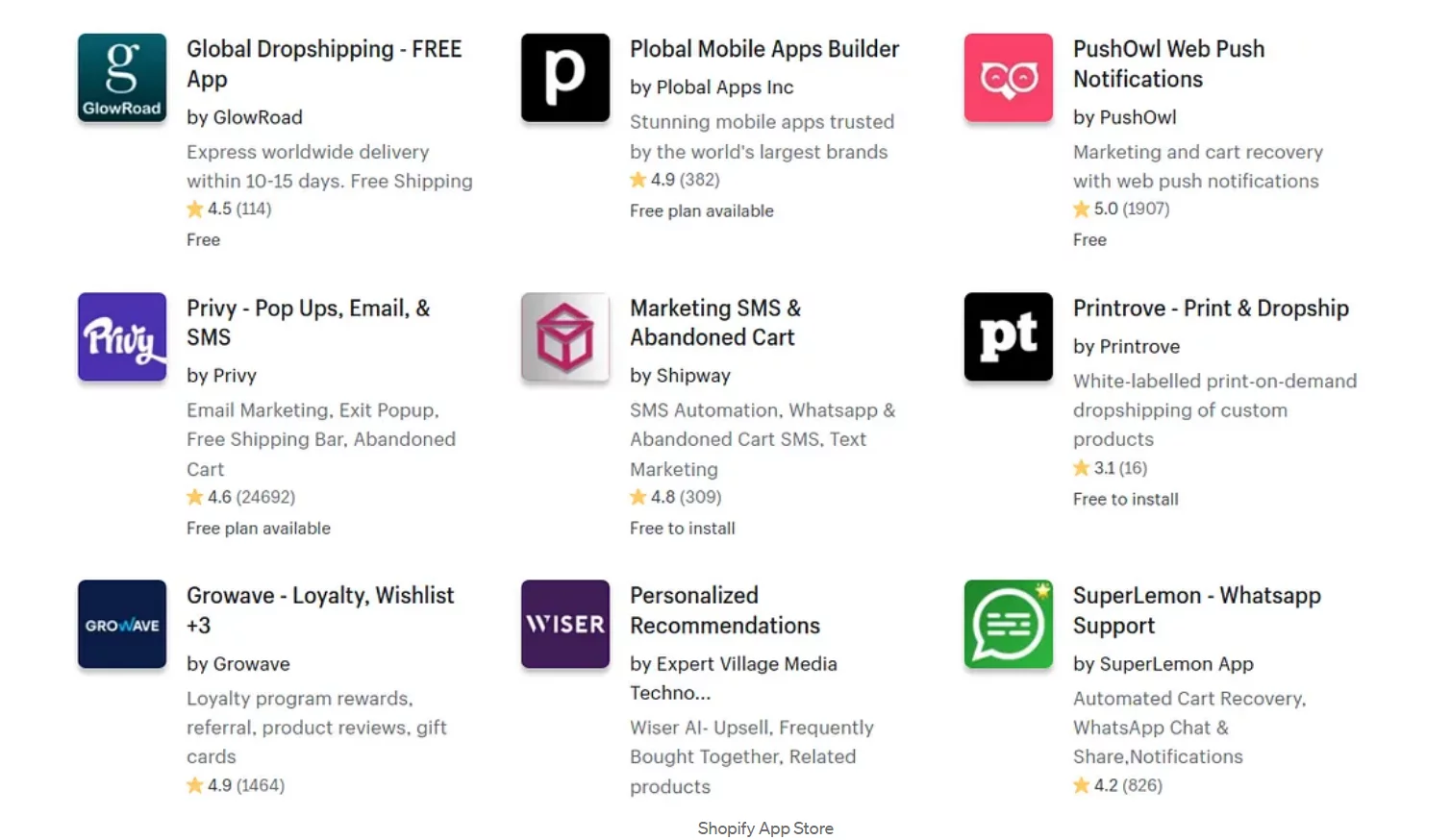
Apps from the Wix App Market
- Visitor Analytics
- 123 Form Builder
- POWR

- Tidio
- Mailmunch
- Elfsight
- Poptin
- QuickBooks
- Dropbox
- User-Friendly: Wix’s App Market is designed with simplicity in mind. It offers a streamlined selection of apps that are generally easy to install and configure, making it suitable for beginners.
- Website Features: While the selection is smaller than Shopify, Wix’s App Market focuses on providing features that are not only e-commerce-related but also enhance general website functionality.
- Integration: Wix offers a range of integrations, including e-commerce, marketing, and social media. However, its e-commerce-specific offerings may not be as extensive or specialized as Shopify’s.
- Pricing: Many apps in the Wix App Market are free or have free versions, which can benefit small businesses with limited budgets. However, it may need some advanced e-commerce functionalities found in Shopify.
- Support: Wix provides customer support, but it may not be as robust as Shopify’s support system, which offers more extensive resources.
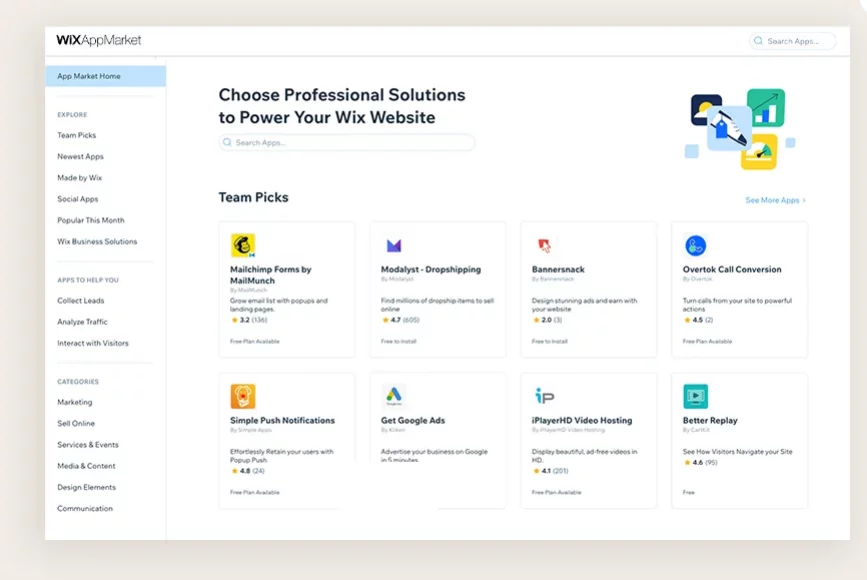
Shopify vs Wix: Theme Store
Shopify and Wix are both popular website-building platforms, each offering a variety of themes to help users create visually appealing and functional websites. Let’s compare the Shopify Theme Store and the Wix Theme Store regarding their offerings, features, and overall benefits.
Shopify Theme Store:
- Dawn
- District
- Minimal
- Responsive
- Boundless
- Ella
- Impulse
- Modular design
- Motion

- Quality and Variety: The Shopify Theme Store offers a wide selection of professionally designed free and premium themes. These themes are crafted with e-commerce, making them well-suited for online stores. They are typically high quality and can give your website a polished and professional look.
- Mobile Responsiveness: Most themes in the Shopify Theme Store are mobile-responsive, ensuring that your website looks good and functions well on various devices, which is crucial for e-commerce success.
- Customization: Shopify themes are highly customizable, allowing you to make extensive changes to the design, layout, and content. This gives you the flexibility to create a unique and personalized online store.
- Shopify Sections: Many themes are designed with Shopify Sections, a feature that simplifies customizing your site’s layout and content through a user-friendly drag-and-drop interface.
- SEO-Friendly: Shopify themes are designed with search engine optimization (SEO) best practices in mind, helping your website rank well in search results.
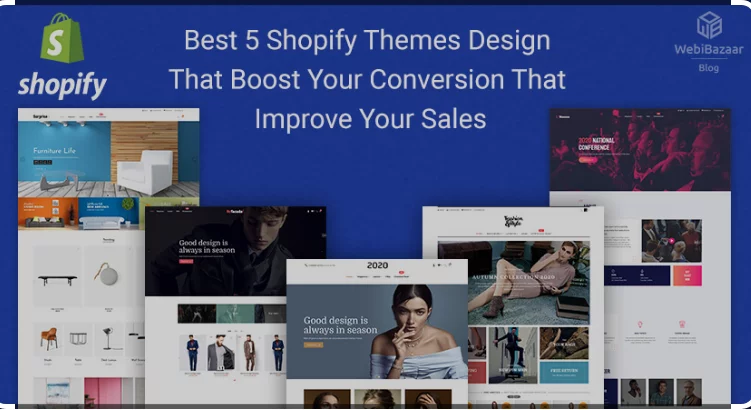
Wix Theme Store:
Here are the best Wix eCommerce website templates to get you started with your online store:
- Accessories Store
- Plant Boutique
- Wellness Store
- T-Shirt
- Store Home
- Tech Store
- Home Accessories Store
- Kids
- Clothing Store
- Sporting Goods Store
- Backpack Store
- Beauty Store
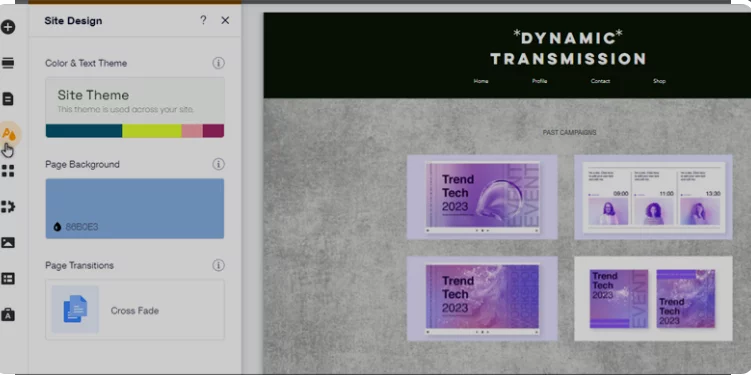
- Ease of Use: Wix is known for its user-friendly platform, and its themes are no exception. Wix’s themes are designed to be accessible to users of all technical skill levels, making them an excellent choice for beginners.
- Design Flexibility: Wix themes provide design flexibility through a simple drag-and-drop editor. You can easily customize your website’s look and feel without coding skills.
- Mobile Responsiveness: Like Shopify, Wix themes are also mobile-responsive, ensuring your website looks good on smartphones and tablets.
- Wix ADI: Wix offers an AI-powered website builder called Wix ADI that can help you create a website quickly and easily, even selecting a theme based on your preferences.
- Free and Paid Themes: Wix offers free and premium themes, allowing users to choose based on their budget and needs.
- Limited E-commerce Focus: While Wix can support e-commerce, its themes may not be as specialized for online stores as those in the Shopify Theme Store.
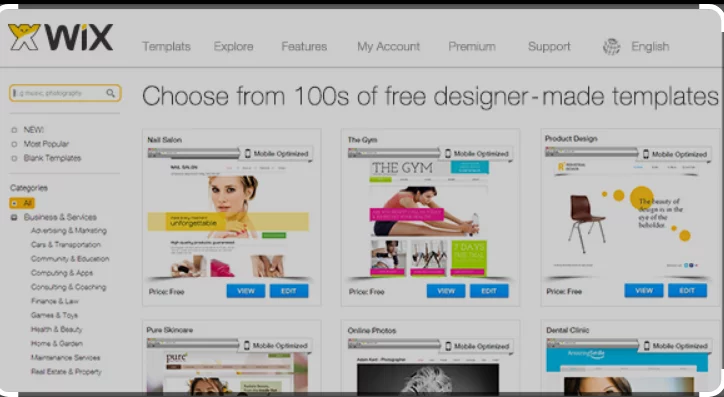
Which is better for e-commerce, Wix or Shopify?

The choice between Wix and Shopify for e-commerce depends on your needs and priorities. Both platforms have strengths; the better option depends on your business requirements. Here’s a simplified comparison:
Shopify:
- Ideal for businesses primarily focused on e-commerce.
- Offers advanced and dedicated e-commerce features.
- Scalable for businesses of all sizes, from small startups to large enterprises.
- Extensive app ecosystem for expanding functionality.
- Built-in solid SEO features.
- 24/7 customer support.
- Excellent security.
Wix:
- A platform was suitable for a variety of website types, including e-commerce.
- User-friendly, particularly for those without technical skills.
- Budget-friendly, with a free plan available.
- Highly customizable designs.
- The app market for additional features.
- Improved SEO capabilities.
- Mobile-responsive.
If you’re primarily an online retailer and e-commerce is your core focus, Shopify may be the better choice due to its dedicated e-commerce features and scalability. It’s particularly well-suited for businesses aiming to build a robust online store.
On the other hand, if you’re a small business with a limited budget and want an easy-to-use platform to establish an online presence with basic e-commerce capabilities, Wix can be a viable choice. Wix is versatile and offers more creative freedom in terms of design.
Ultimately, the decision should align with your business goals, budget, technical proficiency, and design preferences. It may be helpful to start with a clear understanding of what you need from your e-commerce platform and consider these factors when choosing.
Can the Wix website be integrated with Shopify?
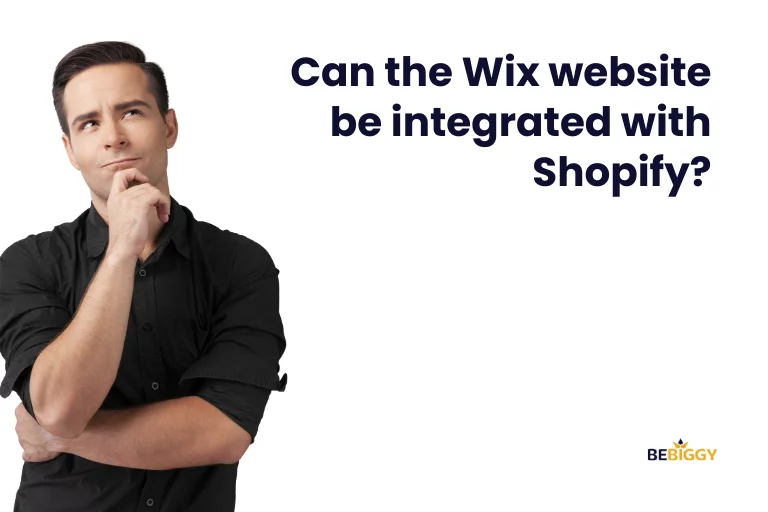
While you can’t directly merge a Wix website with a Shopify store, like you might combine two Shopify stores or two WordPress sites, there are still some ways to integrate elements of both platforms, depending on your specific needs. Here are a few possibilities:
- Redirects: If you’re migrating from a Wix website to a new Shopify store, you can set up 301 redirects from your old to your new site. This ensures that visitors who access your old Wix URLs will be automatically redirected to the corresponding pages on your Shopify store.
- Use Subdomains: You can create a subdomain for your Wix site and link it to your Shopify store. For example, store.yourdomain.com could point to your Shopify store while your main website remains on Wix. This allows you to maintain a presence on both platforms.
- Embedded Shopify Buy Buttons: On your Wix site, you can embed Shopify Buy Buttons to sell specific products or collections from your Shopify store. This way, you can take advantage of Shopify’s e-commerce capabilities while keeping the rest of your website on Wix.
- Cross-Promotion: You can cross-promote your Shopify store on your Wix website and vice versa. This way, you can guide visitors to your other platform as needed.
It’s essential to note that these methods involve some level of separation between the two platforms. You won’t be able to merge them into a single, unified website seamlessly. The best approach for you will depend on your business needs and the extent to which you want to leverage the features of each platform. If you need a more integrated solution, consider focusing on a single platform, depending on your primary goals (e.g., e-commerce, design, or content).
FAQ for Shopify vs Wix: Which Platform Suits Dropshipping Best?

Do you need help switching from Wix to Shopify?
Migrating from Wix to Shopify can be a relatively smooth process, but it does require some effort. You’ll need to recreate your website on Shopify, including product listings and content. However, Shopify offers migration tools and resources to help make the transition easier.
How many items can I sell on Wix?
The number of items you can sell on Wix depends on your chosen plan. Wix offers e-commerce plans, allowing you to sell unlimited products, making it suitable for small and large online stores.
Do professionals use Wix?
Yes, many professionals and businesses use Wix for their websites. Wix provides a user-friendly platform for creating various websites, including portfolios, business websites, and online stores. It’s a versatile tool that caters to a wide range of users.
Can I use the same domain on Wix and Shopify?
While using the same domain for a Wix and Shopify site is possible, it can be complex to set up. You can use subdomains to differentiate between the two platforms. It’s recommended to consult with domain and hosting providers for guidance on domain configuration.
Is selling on Wix or Shopify simpler?
Shopify is often considered easier to sell online due to its dedicated e-commerce features. However, Wix also provides user-friendly e-commerce capabilities, making it suitable for those who prefer a more versatile website builder that includes online selling.
Shopify Vs Wix: The Ultimate Winner
Here’s the scoop: If you’re a creative blogger who wants to dabble in selling some goodies on the side, Wix is your go-to choice. It’s like your artsy canvas to paint your ideas and sell your creations. Now, if you’re running a medium to large business and need a full-fledged eCommerce website, then Shopify is your shining armor.
It’s not that Wix can’t handle eCommerce or Shopify can’t help you create a blog. It’s just that they shine the brightest in their respective areas. Think about your business size, budget, and what you need. That’s the secret sauce to making the right call. It’s like choosing the right tool for the job – a paintbrush for your blog or a whole toolbox for your eCommerce empire.
Conclusion
After an epic face-off between Shopify and Wix, we’ve seen the strengths and quirks of both platforms. Whether you’re Team Shopify or Team Wix, remember that the right platform for your dropshipping venture ultimately boils down to your unique needs and goals.
The good news?
You’re in control, and these champs are ready to help you conquer the e-commerce ring. So, pick your platform, lace up your gloves, and let the dropshipping adventure begin. May your sales be high and your bounce rates be below!






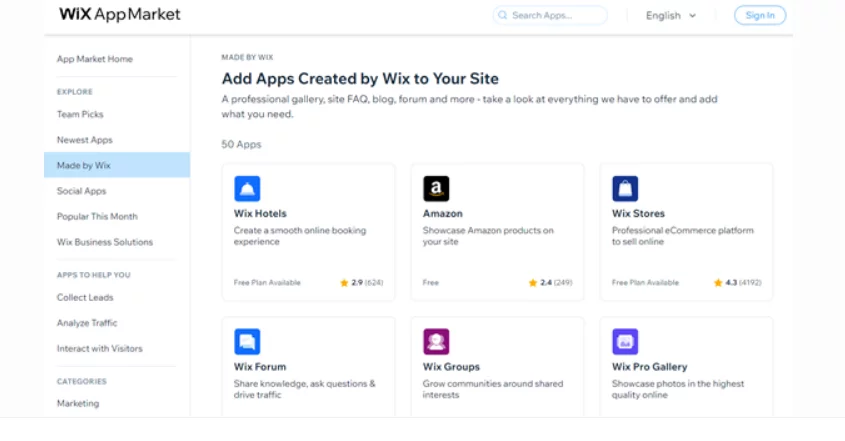



 What Is Shopify Dropshipping and How Does It Work?
What Is Shopify Dropshipping and How Does It Work? 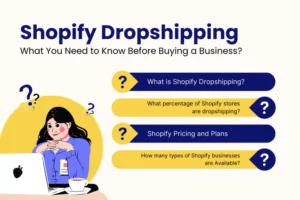 Shopify Dropshipping: What You Need to Know Before Buying a Business?
Shopify Dropshipping: What You Need to Know Before Buying a Business?  How to Dropship on Shopify: Step-by-Step Guide
How to Dropship on Shopify: Step-by-Step Guide  Guide to Finding Reliable Shopify Dropshipping Suppliers [100% Success]
Guide to Finding Reliable Shopify Dropshipping Suppliers [100% Success]